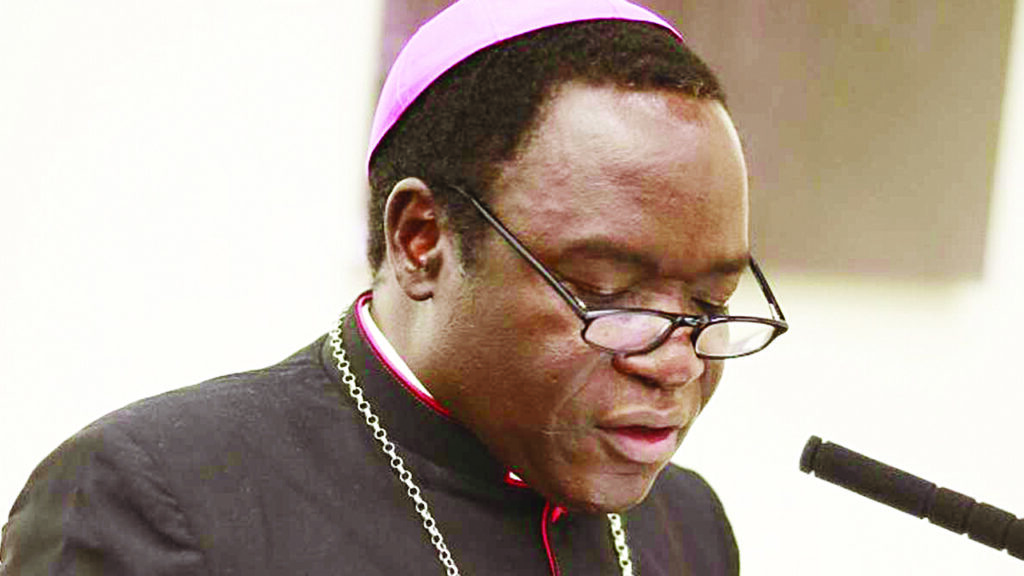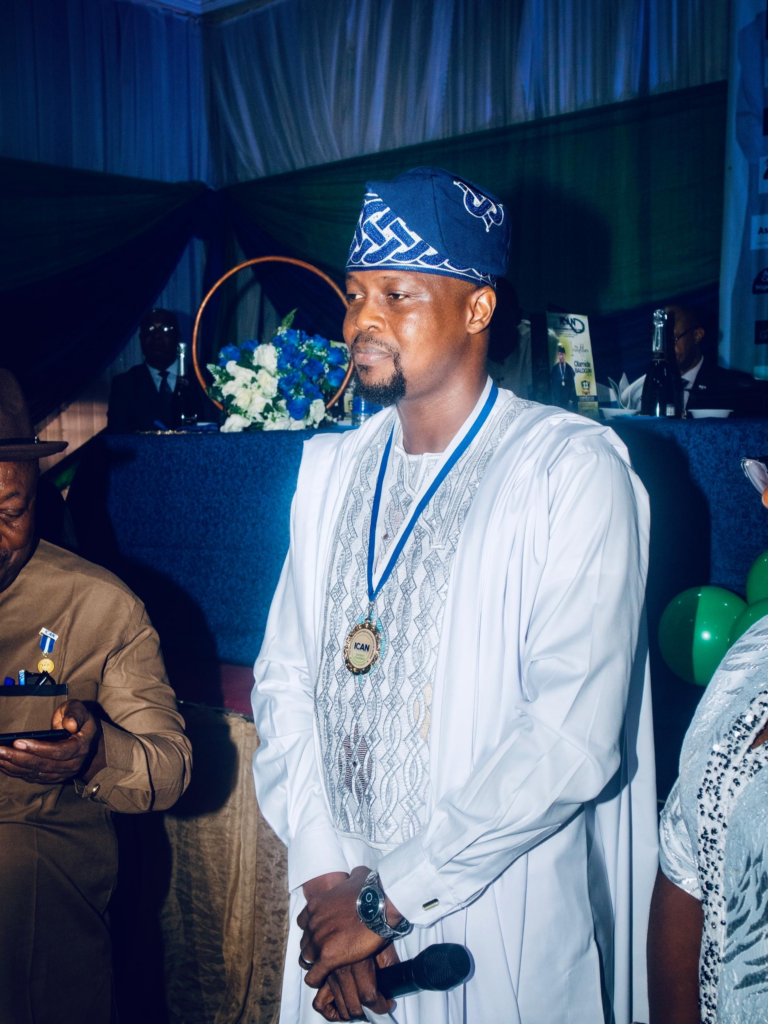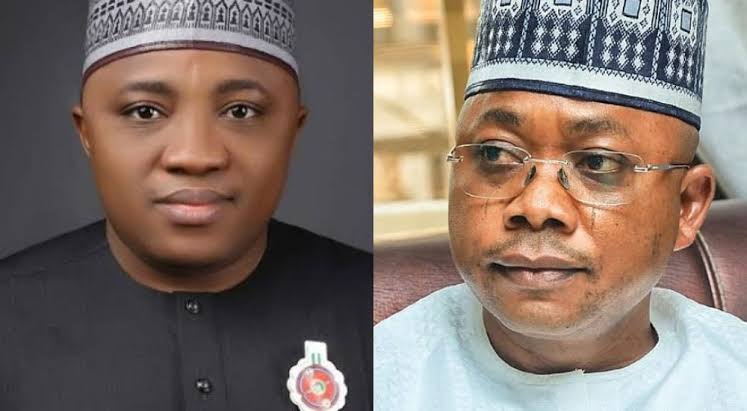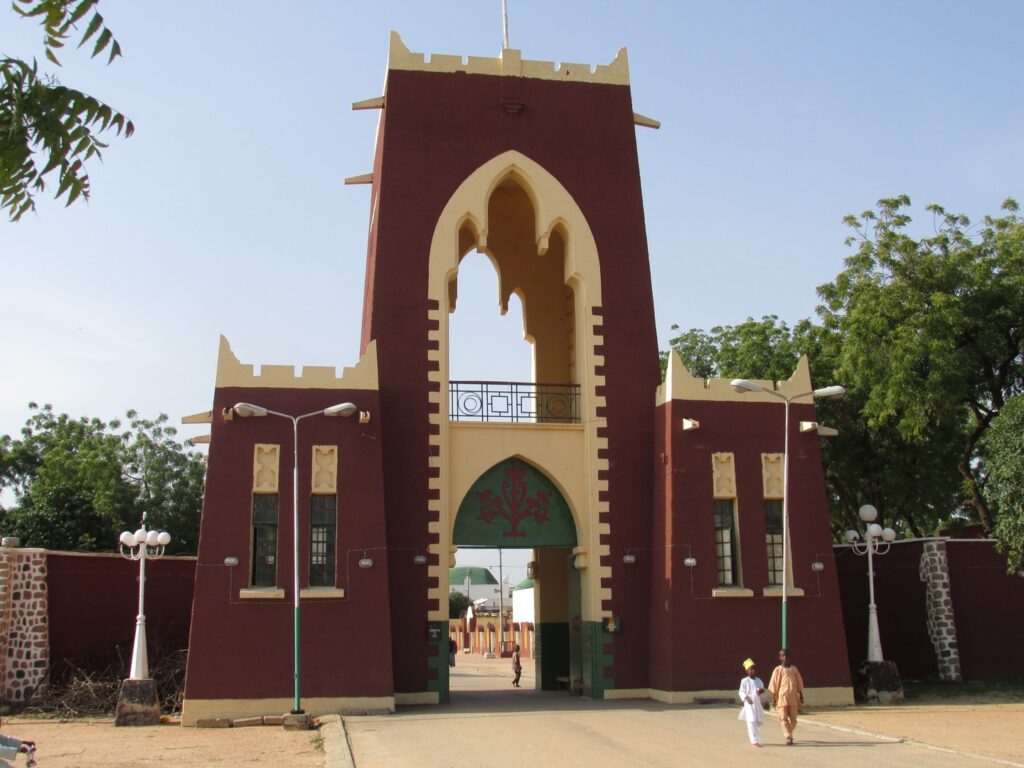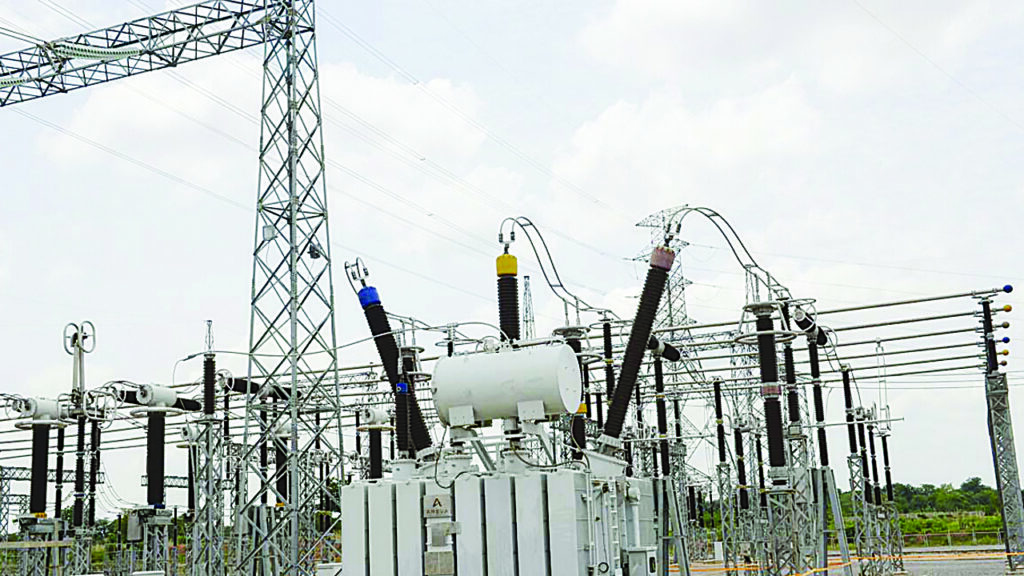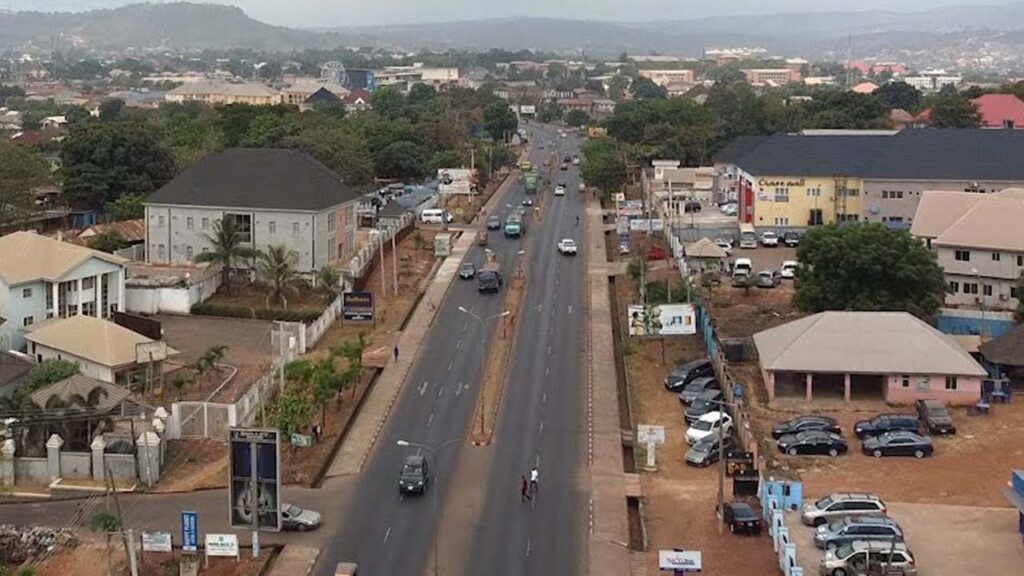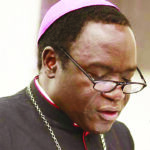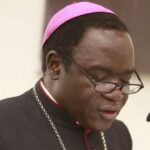
The Catholic Bishop of Sokoto Diocese, Matthew Kukah, said the Nigerian democracy is in recession because it does not reflect the cultural experiences of a diverse nation.
Kukah stated this on Wednesday at The Platform Nigeria, a programme by the Lagos-based church, Covenant Nation, to mark the 2024 Democracy Day.
The cleric stated that, unlike other advanced democracies, Nigeria’s democracy lacks principles.
“What is missing in our conversation is that unlike where the principles of democracy were founded on the thinking of several philosophers from Plato, Socrates, Aristotle, etc, our democracy has paid very little attention,” Kukah said.
“We have been involved in intellectual conversations about democracy but modern liberal democracy as we understand it today benefitted extensively from the work of people like St Augustine and St Thomas Aquinas.
“It is also quite significant that Joe Biden even in his presidential address had to quote St Augustine and it means therefore that it is the teachings and philosophies and theology of some of these scholars that led the foundation to what we call democracy today.
“Unfortunately, our democracy is in decline, and is in recession precisely because it is evident to us that what we are working with is not something that comes from our own historical, cultural or even anthropological experiences.”
Kukah said Nigerians’ obsession with politics makes them hardly set targets on governance for elected officials.
While acknowledging the global economic recession, Kukah noted that the impact is aggravated in Nigeria because of mismanagement.
He said the situation could have been averted if Nigerian legislators were alert to their responsibilities. Instead, they are preoccupied with their salary scales, fringe benefits and unnecessary foreign travels.
Kukah noted that, as a result of our inability to cultivate financial discipline and prudent management of the economy, Nigeria has come to depend largely on internal and external borrowing to execute projects.

